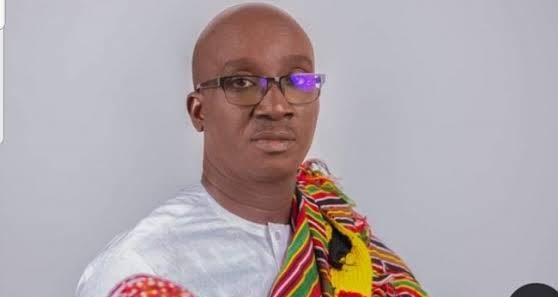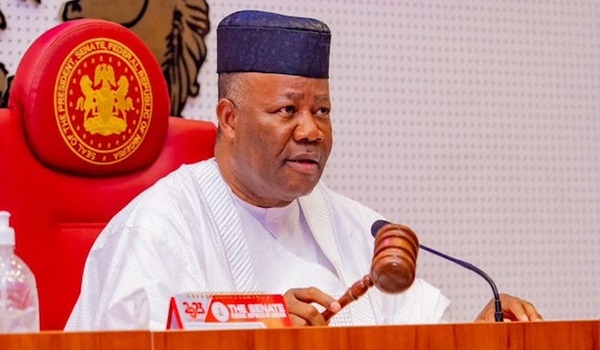The Nigerian Senate on Wednesday confirmed the appointment of five Resident Electoral Commissioners (RECs) nominated by President Bola Tinubu for the Independent National Electoral Commission (INEC) — a move critics describe as strategic positioning ahead of the 2027 general elections.
The confirmation followed the presentation of a report by Senator Simon Lalong, Chairman of the Senate Committee on Electoral Matters, who assured that all nominees had passed the screening process.
The newly confirmed RECs include:
- Umar Yusuf Garba – Kano State
- Sa’ad Umar Idris – Bauchi State
- Chukwuemeka C. Ibeziako – Anambra State
- Umar Mukhtar – Borno State
- Dr. Johnson Alalibo Sinikiem – Bayelsa State
This development comes just days after President Tinubu swore in two national INEC commissioners, signaling his administration’s ongoing reshaping of the electoral umpire.
Meanwhile, drama unfolded in the Senate chamber after the President transmitted a ₦1.78 trillion Federal Capital Territory (FCT) Statutory Appropriation Bill for 2025, urging lawmakers to fast-track its passage.
The Senate invoked Order 78, allowing the bill to scale second reading on the same day it was introduced—an unusual acceleration that sparked controversy.
Senator Abdul Ningi, a vocal opposition lawmaker, protested the process under Order 77 (3 and 4), stressing that senators were not furnished with copies of the bill before debate began.
Despite the pushback, debate ensued with Senate Leader Opeyemi Bamidele defending the proposal. He stated that the bill seeks to authorize the issuance of ₦1.783 trillion from the FCT’s Statutory Revenue Fund to finance:
- ₦150.35 billion for personnel
- ₦343.78 billion for overhead
- ₦1.29 trillion for capital projects
Bamidele argued that the budget prioritizes completion of ongoing infrastructure and service-oriented projects critical to residents of Abuja, in line with President Tinubu’s promise of a results-driven administration.
Still, critics question whether the rush to approve the bill without proper legislative scrutiny reflects an emerging pattern of executive overreach and rubber-stamp lawmaking, even as sensitive INEC appointments quietly slide through confirmation.




